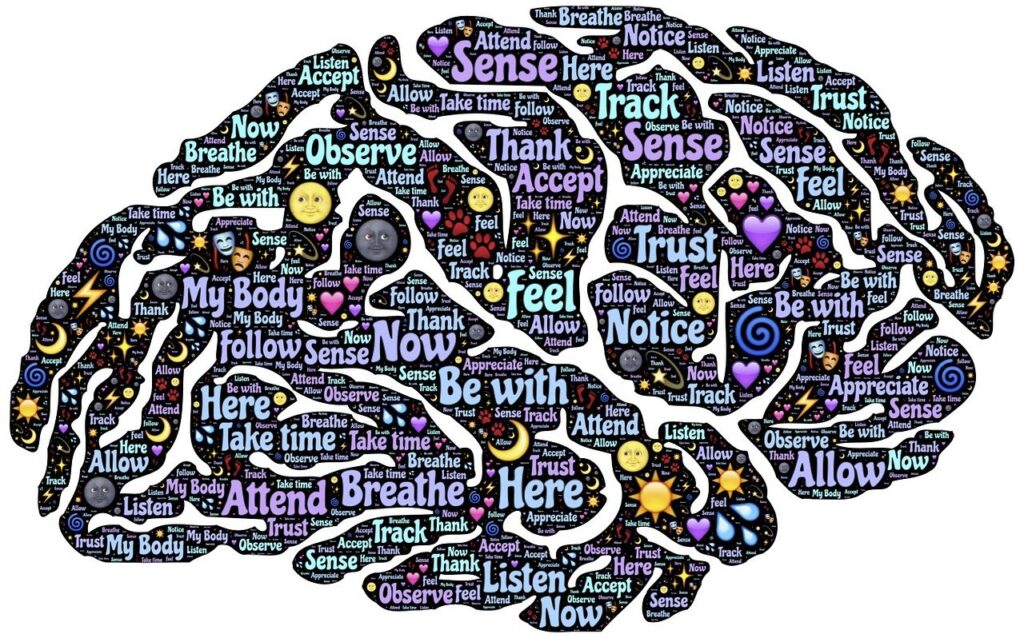How Your Doctor’s Belief in You Transforms Your Healing
When you walk into a consultation, you bring more than symptoms—you bring hope, fear, stories, and expectations. And your doctor brings theirs too—especially their belief in whether you can heal. Science shows: this belief matters far more than many realize.
🔍 The Science Behind It
1. Positive Expectation = Better Outcomes
Research on chronic conditions like angina shows that patients who believe in recovery experience improved quality of life and fewer hospitalizations. In one large study, patients with a "very optimistic" outlook had significantly lower rates of ischemia‑driven hospitalization than their less optimistic peers (HR 1.42) (read here)
2. Placebo Power: Not Just in Your Mind
Studies confirm that a clinician’s optimism can trigger real physiological changes. A review found that positive outcome expectancies, created by healthcare providers, increased patient recovery across multiple procedure types—reducing pain, complications, and speeding functional improvements (read here).
3. Optimism Speeds Recovery and Reduces Pain
In recovery from surgery, higher optimism is linked to less post-operative pain two months out and better functional milestones like walking sooner after surgery according to this article.
4. The Hidden Risk of Negativity
Just as hope can help, negativity can hinder. Overly dismissive communication—phrases meant to calm but that question a patient’s pain—can actually worsen symptoms, triggering the "nocebo" or negative placebo effect.
Why Doctor's Beliefs Matters
-
Neurobiological Rituals: The therapeutic relationship—how doctors communicate, show empathy, and express confidence—stimulates endorphins and brain changes that reduce pain and improve mood(read here).
-
Observer-Expectancy Effect: Just like in experiments, a doctor’s expectations subtly shape patient outcomes—subconsciously guiding how patients respond to interventions Wikipedia.
-
Shared Decision-Making Feeds Self-Efficacy: When doctors involve patients in choices, it boosts confidence and adherence, leading to markedly better health outcomes .
What This Means for You
Healthcare isn’t just pills and protocols. It’s a relationship of belief.
-
If your doctor doubts your ability to get better, even unintentionally, it may slow down your healing or dampen your motivation.
-
If your doctor believes in your capacity, that optimism can become a powerful ally in your recovery.
How to Choose Support That Believes in You
-
Watch their language: Do they say, “We’ll do everything we can to help you recover,” or “I’m not sure there’s much we can do”?
-
Ask about outcomes: Do they share stories of others who healed?
-
Join conversations: Are treatment decisions shared, or do they just tell you what to do?
-
Check for validation: Do they honor your pain, while still believing you can rise?
Integrating This Into Your Healing Ecosystem
At The Sovereign Life Project, we’ve seen time and again that doctors and coaches who unconditionally believe in your healing help patients not just recover, but thrive. It’s not magical—it’s grounded in science, relationship, and the mind-body connection.
So:
-
Choose providers who express optimism and shared goals.
-
Tune into their energy as much as their technical competence.
-
Trust your instinct: the best healing spaces feel like they believe in your capacity for transformation.
Closing Thought
Healing isn’t just about protocols. It’s about being seen as someone capable of rising. When your support—doctor, coach, community—believes in you, your nervous system registers safety, your brain sparks possibility, and your body starts to realign around what can be.
Your healing path deserves that belief. And isn’t that the place where true transformation begins?






